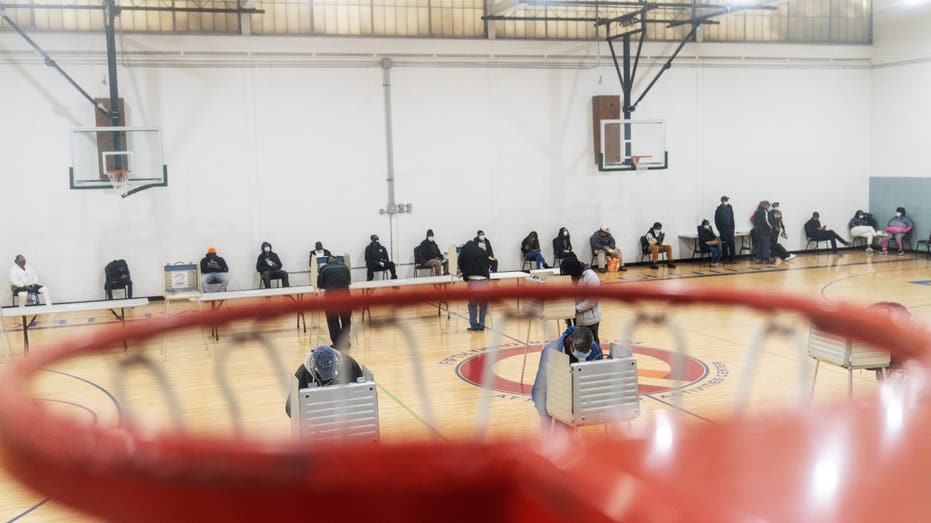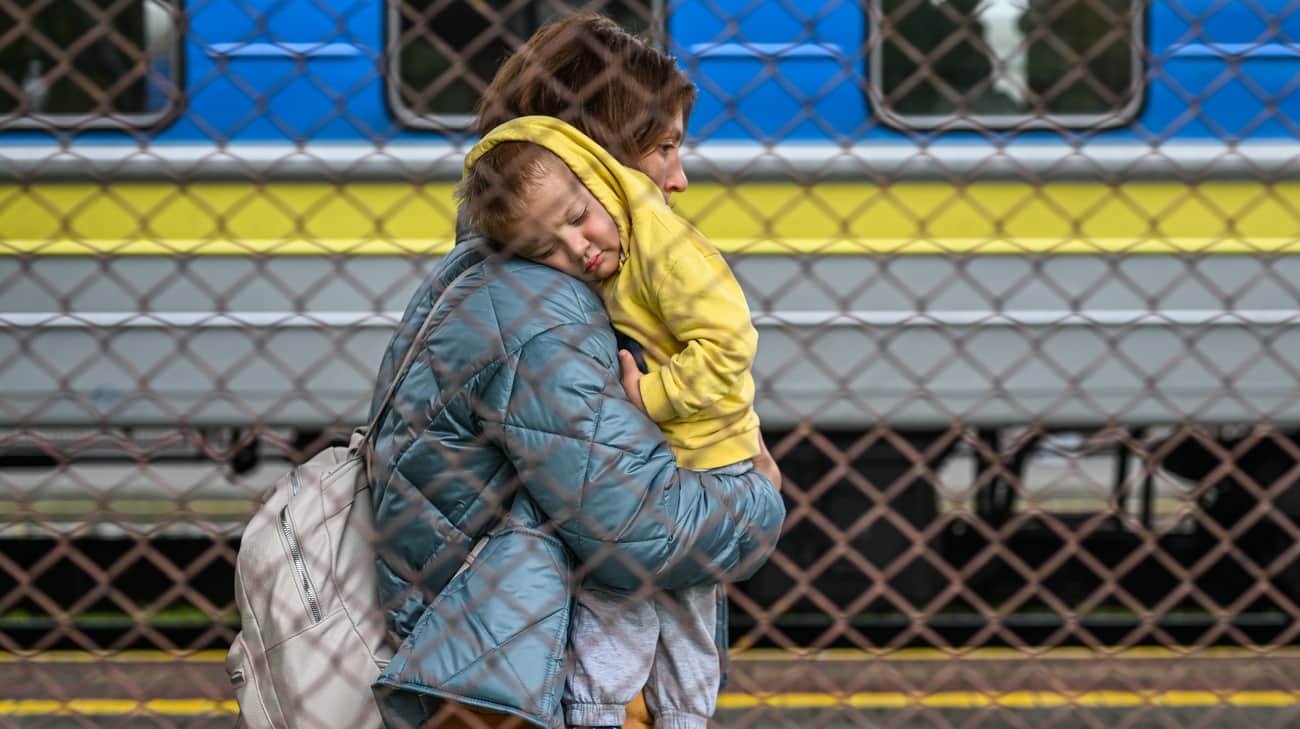GOP challenges to overseas balloting rules stymied in two key battleground states
Judges in two battleground states have rejected GOP efforts to challenge what they say are lax procedures against voter fraud in overseas balloting.

Republicans in two key battleground states were hit by twin legal setbacks Monday, after judges in Michigan and North Carolina rejected their efforts to crack down on overseas voting from U.S. residents living abroad, criticizing both the short timeline and the proposed remedy sought by the plaintiffs.
A claims court judge in Michigan described the effort as an "attempt to disenfranchise" voters living overseas, while a Superior Court judge in North Carolina said the plaintiffs "presented no substantial evidence" to back their claims that the current laws do not go far enough to protect against election fraud.
The two separate court rulings come just weeks after Republicans in Pennsylvania, Michigan and North Carolina filed lawsuits aimed at restricting both the registration and vetting process for overseas voters.
Republican plaintiffs argued that current law makes it possible for these residents to register and vote in elections without proper identification. That contention has been fiercely rejected by Democrats, who argued the level of vetting sought by Republicans would disenfranchise "tens of thousands" of voters abroad, including U.S service members and their families.
FLURRY OF PRE-ELECTION LEGAL CASES IS NOW 'STANDARDIZED' STRATEGY, EXPERTS SAY
Judges in U.S. battleground states appear to back this line of thinking, following two separate decisions filed Monday.
In Michigan, the Court of Claims Judge Sima Patel rejected plaintiffs' effort to invalidate a rule that allows spouses and dependents of U.S. service members stationed overseas to vote at that person's former home address, even if they never lived in the state themselves.
Patel criticized the timing of the GOP-led lawsuit, which was filed just 28 days before the election, and said it would result in "extreme prejudice" for would-be voters and election administrators.
"Consistent with federal law, the Michigan Legislature made a policy choice to allow a small pool of individuals who accompany family members abroad to qualify as Michigan residents for the purpose of voting in Michigan because they are connected to Michigan through their spouse, parent, or someone serving a parental role," Patel said, adding that "It is hard to imagine a more prejudicial situation arising from plaintiffs’ delay."
Patel further noted that the law for overseas voters has been in place for 12 years and had gone unchallenged until now.
FLURRY OF PRE-ELECTION LEGAL CASES IS NOW 'STANDARDIZED' STRATEGY, EXPERTS SAY
And in North Carolina, Wake County Superior Court Judge John Smith dismissed the GOP lawsuit that pushed for similar rules for absentee voting and spouses of U.S. service members, noting that the current statute for overseas voting had been adopted in 2011 with bipartisan support, and "has not been challenged until the filing of this complaint and motion."
Further, he said, plaintiffs "have failed to show any likelihood of irreparable harm" as a result of the voters in question.
FOX NEWS POWER RANKINGS: VOTER OUTREACH, BALLOT EFFICIENCY AND A LITTLE HOUSEKEEPING
In Pennsylvania, judges are expected to rule on three separate lawsuits Republicans have filed in recent weeks seeking to restrict overseas voters and their registration under the 1986 Uniformed and Overseas Citizens Absentee Voting Act (UOCAVA), which oversees the voting process for U.S. residents living abroad.
Democrats, for their part, have criticized the legal push as a last-minute effort by Republicans to restrict voter turnout from a demographic that has until recently been a reliable bedrock of GOP support.
More than 1.2 million overseas ballots were cast in the 2020 election, according to data from the U.S. Election Assistance Commission.
And in a dead-heat sprint to Election Day, these voters could play a pivotal role in the race's final outcome. All three states are considered "toss-up" states in the 2024 election, and could prove pivotal in picking the next president.
"Election-denying extremists, afraid they are losing this election, are actively working to disenfranchise members of our military deployed outside of the United States," Rep. Chrissy Houlahan, a Pennsylvania Democrat and Air Force veteran, told Fox News.


